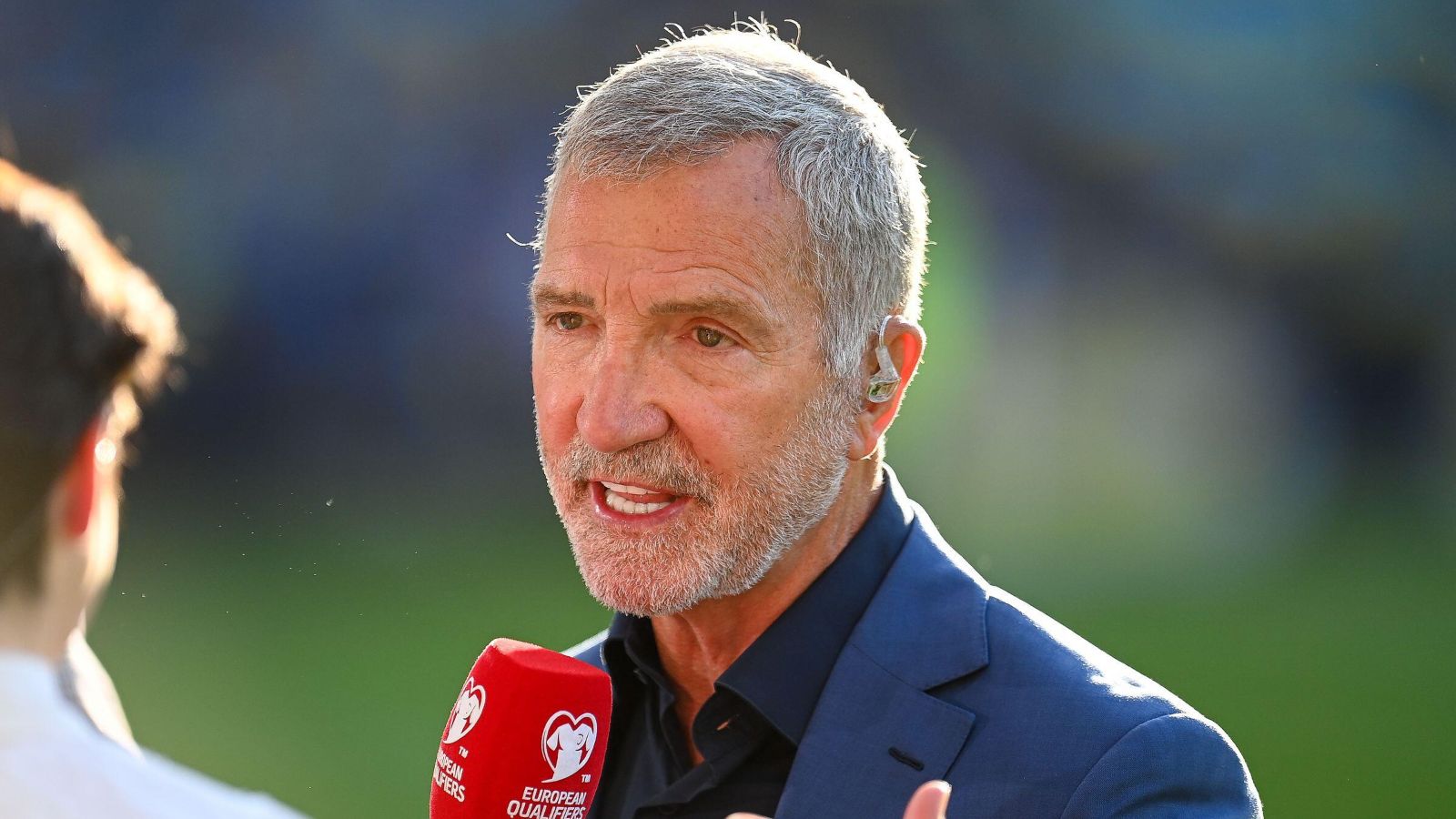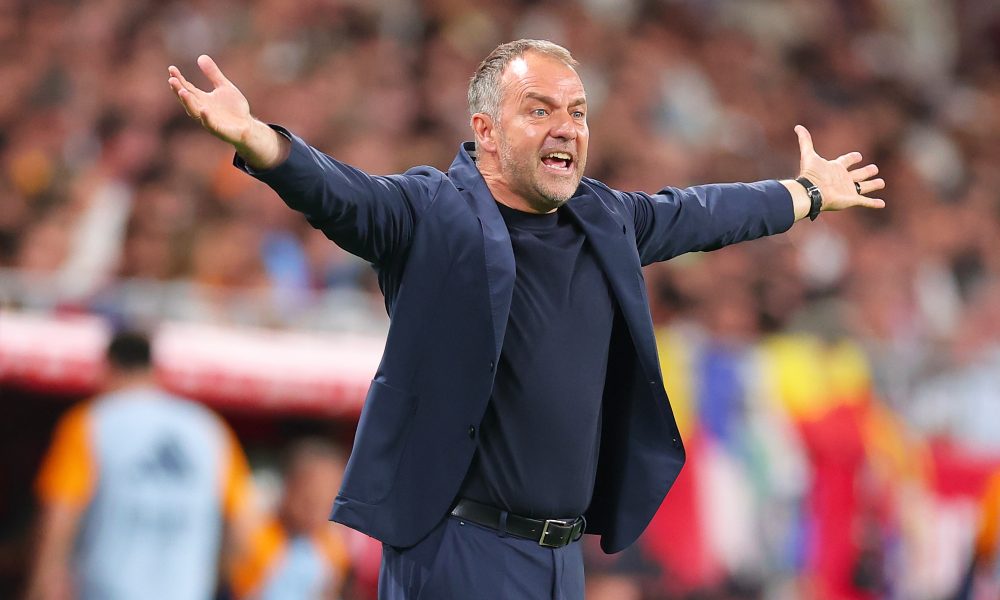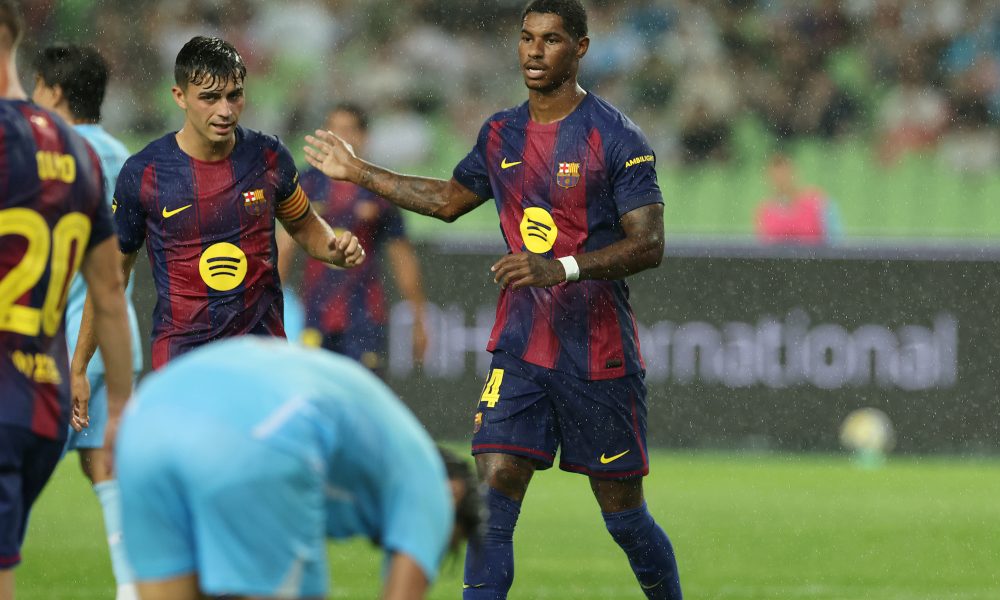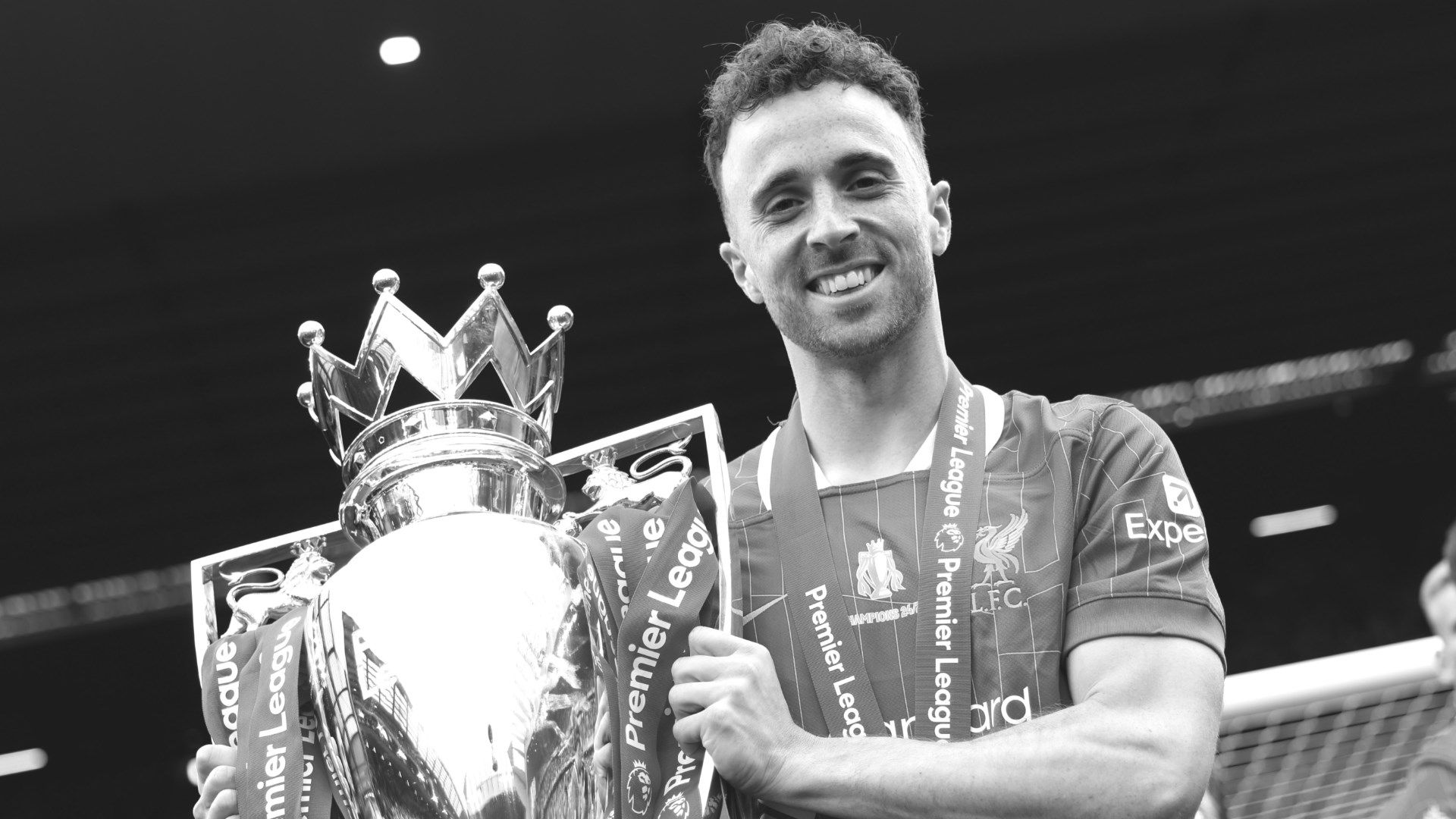Footballers used to swear by steak and scrambled eggs. Now, for some, it’s beetroot juice and tofu wraps.
As clubs tussle to out-greenwash each other with bamboo toothbrushes and carbon-neutral buses, a small group of players are making actual lifestyle changes. Yes, football has a vegan vanguard – a ragtag bunch of elite athletes who swapped the meat locker for the veggie aisle and still went toe-to-tofu with the best.
In a game increasingly fuelled by PR and protein shakes, these players chose lentils over legacy. So we’ve assembled a starting XI of plant-based pioneers – some still active, others now spreading the gospel of green – to see whether you really can save football and the planet, one chickpea at a time.
GK: Tom King (Wolves)
The only Premier League goalkeeper known for stopping both shots and steak consumption. King, who joined Wolves in 2023, has openly discussed his vegan lifestyle as part of a broader wellness approach. It’s less “beast mode” and more “yeast mode”. And so far, it’s worked – he’s built like a fridge but powered like a Tesla.
RCB: Hector Bellerin (Real Betis)
The patron saint of green footballers, Bellerin became vegan in 2016 and immediately began evangelising like an oat-milk convert. His reasons were part performance, part ethics and part planet – a triple threat. He even invested in Forest Green Rovers, the world’s first certified carbon-neutral club.
READ: Liverpool v Everton will still be among football’s greenest derbies after move
CB: Chris Smalling (Al-Fayha)
Chris Smalling didn’t just reinvent his career in Rome; he also embraced a fully vegan lifestyle. Since making the switch in 2017, Smalling’s become one of football’s loudest voices on sustainability – offsetting his travel and even investing in plant-based businesses. His diet, he claims, reduced his injury record. He’s not just a backline stalwart; he’s the Saudi Pro League’s eco-centurion.
LCB: Christian Burgess (Union SG)
Christian Burgess, the Englishman playing in Belgium, has quietly gone about a similar transition. Known for his reading of the game and his university degree in history, Burgess went vegan a few years back and has credited it with improving his energy and clarity, which will come in handy when his club is punching above its weight in the Champions League next season.
“The main reason I do it is for the environment, as it’s a serious problem,” Burgess said of his dietary switch. “It’s only gonna drive up the problem of refugees as natural disasters will increase due to climate change.”
RWB: Dwayne De Rosario (Former MLS MVP)
The Canadian icon wasn’t just known for spectacular goals and cool celebrations. After retiring, he leaned into plant-based eating and began advocating for holistic health in youth sport. His academy promotes wellness through diet and mental focus – very “future of football”.
CM: Karen Carney (Retired England icon)
Karen Carney, the former England midfielder turned respected pundit, has followed a predominantly plant-based diet in recent years and is vocal about athlete wellbeing and recovery, often citing diet as a key component. On the pitch, she was all about efficiency and stamina – ideal qualities for the engine room of a 3-4-1-2 system built on renewable energy (especially when your midfield partner is in his 70s).
CM: Graeme Souness (Liverpool legend)
This is where things get weird – and wonderful.
Graeme Souness – yes, that Graeme Souness – shocked fans by revealing in 2021 that he’d gone plant-based. The famously hard-tackling Scot is now more lentil than leather.
“The reason I did it, my concern was animal welfare,” he said on a Sky Sports feature about the climate crisis. “That was the biggest single reason. I think the way we treat animals is despicable, but that’s for another day. I’m in the process of having a new house built, I’ve air source heat pumps, I’ve got solar panels, so I’m aware of it and I’m trying to do my wee bit.”
LWB: Fabian Delph (Ex-Man City and England)
Delph embraced veganism during his injury-plagued spell at Everton, hoping it would help with recovery. While his playing career fizzled out quietly, he’s since spoken about the benefits of a plant-based lifestyle on his general wellbeing and mindset.
CAM: Neymar (sort of)
While it’s not a year-round thing, Neymar has adopted a plant-based diet at various points, particularly during injury recovery. His nutritionist has said that during rehab, the former Barcelona and Paris Saint-Germain star avoided all animal products to speed up healing.
Whether it’s fully committed veganism or part-time flexitarianism, it’s a step away from the churrasco-fuelled stereotype.
ST: Jermain Defoe (Ex-England striker)
Jermain Defoe briefly went vegan late in his career before settling into a pescatarian diet due to his love of seafood. The former Spurs star swore it helped him stay sharp into his mid-30s. He even had custom meals delivered while on international duty – a trailblazer in a time when ‘plant-based’ still meant a sad salad.
“I tried veganism,” he told ESPN in 2018. “I am more pescatarian now because I eat fish, but it’s not easy to be vegan completely. There are alternatives, but I just love fish. I don’t eat red meat or chicken, but it (nutrition) is important because the demands of the Premier League now are so high, if your diet is not good, you can’t train at the level we train at every day or get through games.”
ST: Alex Morgan (Former USWNT scoring machine)
Alex Morgan, the USWNT legend, is one of the most prominent vegan athletes in the world. She made the switch in 2017 and helped lead her team to a World Cup in 2019. Known for her pace and precision, Morgan credits her diet with improving her recovery and endurance. She also works with plant-based brands to promote animal welfare.
“I was fearful it would affect soccer in a detrimental way, but it was the opposite. It made me feel better,” Morgan said in an interview with The Beet.
Would this XI win the Champions League? Possibly not. What’s more important is what they represent: proof that elite performance and environmental consciousness can go hand-in-hand.
From tactical tweaks to dietary decisions, football is evolving. And while clubs still pour money into dubious ‘sustainability partnerships’, these players have shown that personal change can be just as powerful.
Plant-based diets won’t save football. But they might just help keep its lungs – and the planet’s – a little clearer.
To learn more about Pledgeball and how you can pledge to help your club shoot up the sustainability standings, visit Pledgeball.org.



